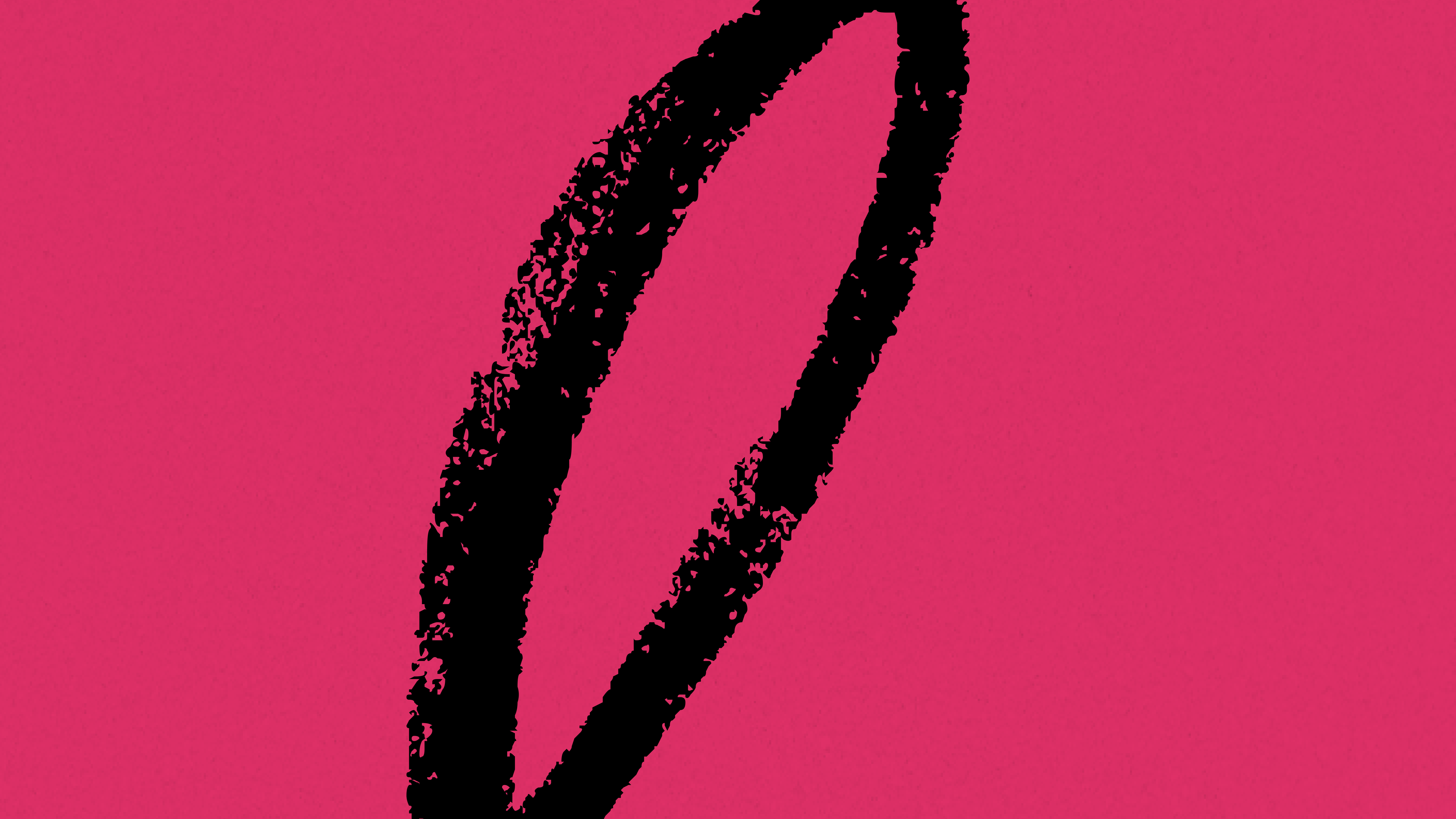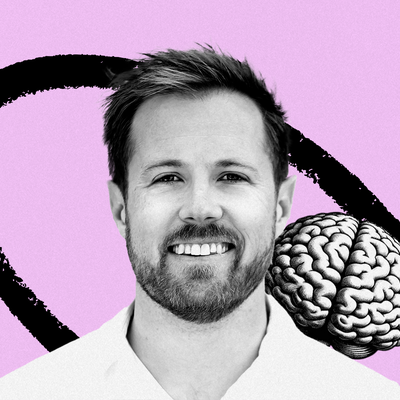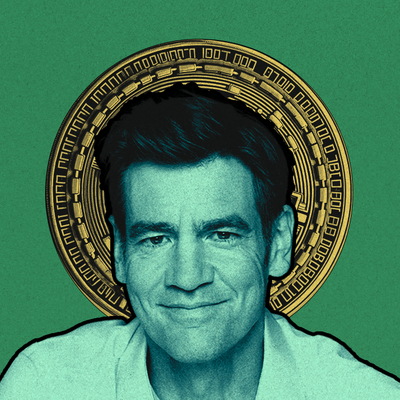
A Simple System to Help You Make An Impact On COVID
Tap into your unique skills, set a clear goal, and start a movement.
April 10, 2020
Hi Superorganizers readers! Dan here. We’re all looking for ways to cope with the coronavirus crisis. On Wednesday, we talked about how adopting an experimental attitude can help us deal with the overwhelming boredom and sameness we’re all feeling in quarantine. The response to that piece indicated that many of you want to help others and support your communities, but you’re not sure what to do or how to get started.
That’s why I asked Chris Yeh, co-author, with Reid Hoffman, of Blitzscaling, and Dr. Jennifer Aaker, General Atlantic Professor at the Stanford Graduate School of Business, to give us a framework for what to do. Jennifer and Chris explain how we can figure out the best way to help, and how doing even small things can make a big difference in the lives of those who are affected by this crisis. I hope you love it. Thanks, as always, for being a reader.
By Chris Yeh and Dr. Jennifer Aaker
COVID-19 changed everything.
A pandemic that started as alarming reports on cable news and online, became real for each of us more quickly than anyone imagined.
For Chris, it hit home when he developed a fever on March 13, and had to frantically contact everyone he had seen in the past few days to warn them to self-isolate. (Luckily, he’s had no further symptoms and is OK.) For Jennifer, it became real when a friend and her husband got a double diagnosis of the virus, and had to quarantine with their two young children while enduring nightly nightmares about infecting others.
All of us are affected right now. So, the question is, how do we deal with the reality of the crisis at hand?
Studies have found that when people experience disruption in their lives, they seek out meaning by bonding with others and re-embracing their own values. And, they incorporate the disruption into the story they tell themselves about their lives. In other words, often negative experiences, while unasked for and traumatic, can play an important role in finding meaning in our lives.
But the coronavirus is a double-whammy: It has forced us into physical isolation at a time when we would normally seek meaning and comfort in the company of others. Social isolation is associated with reduced meaning, lower well-being, and higher rates of morbidity. We need to fight this isolation by finding new ways to connect and contribute, not just for others, but also for ourselves.
We all need to find ways — the right ways — to help
Everyone wants to do something about the coronavirus, but without the right guidelines, that energy might be wasted.
History shows us that the things we think will help often won’t. After 9/11, blood donations surged to nearly 500,000 units. But only 258 units were needed to treat survivors of the attack. Since blood is only good for 42 days, nearly all of it was simply thrown away.
In the age of coronavirus, so much of what we believe about the world has been upended that we need to be thoughtful in how we try to make a difference, rather than simply leaping in like those well-meaning blood donors.
To help in our personal searches for meaning during this time, here are some simple research-based guidelines that channel our deep human desire to help, in a way that increases our positive impact on others and improves our own well-being:
Tap into your own idiosyncratic skills and resources
The first place to start is to figure out what you can uniquely contribute. All of us have basic resources to offer: Money, Time, and Voice. But while anyone can write a check, only you can offer your unique blend of assets.
For example, NBA star Stephen Curry and entrepreneur Ayesha Curry have found ways to leverage their idiosyncratic resources toward good by enlisting hundreds of workers from now-shuttered NBA arenas to distribute millions of meals to people in need. They are also leveraging Instagram Live to curate discussions with experts, including Dr. Anthony Fauci, director of the National Institute of Allergy and Infectious Diseases, to educate an audience of over 50,000 (including former President Barack Obama) on how to collectively combat Covid-19.
Chances are you’re not a professional athlete, but you certainly have areas where you can be a star. For example, thousands of engineers are collaborating on designing open-source ventilators. If you’re a teacher, you can hold Zoom classes. If you’re a cook, you can volunteer to prepare meals for elderly neighbors or health care workers. If you’re a comedian, you can help us laugh. If you’re in IT or software development, you can help local essential businesses update their websites, set up online ordering, or volunteer your skills at Help with COVID.
We can’t cover every profession here, but take some time to think about your skill set and how you can donate your efforts to help those around you.
Set yourself a clear goal and aim for sustainable, concrete impact
Once you know how you want to contribute, it’s important to set yourself so you can achieve your goals in a sustainable way.
Researchers found that when people set out to help others, those who pursued abstract goals tended to burn out after failing to see timely results, while those who adopted concrete, achievable goals were happier and found their efforts more sustainable.
How do you avoid burnout? Set a goal and work back from it. For example, Becky Margiotta and the 100,000 Homes Campaign set a concrete goal of moving 100,000 chronically homeless people into permanent housing. The campaign launched in July 2010, and achieved its goal in less than four years. You can apply the same technique to your own efforts, on a scale that feels achievable to you.
You might set a goal of teaching Zoom classes for 100 children, or preparing meals for 10 people per day for the month of April. If the concrete goal you set seems too daunting, don’t be afraid to start small.
Teresa Amabile’s book,The Progress Principle, describes how “small wins” create a sense of progress: they ignite joy, engagement, and creativity. Celebrate that first class, the first meal you deliver, the first mask you sew, and you’ll fortify your inspiration to reach the next milestone, and then the next one after that.
Finally, involve others in your journey
In an age of social distancing, we all need to get better at distant socializing. Bringing people together to have a positive impact during this crisis is quite possibly the best socializing you can do right now.
In The Dragonfly Effect, Jennifer and her husband Andy Smith lay out four design principles that can help drive action by others:
- Make it easy to take immediate action. Ask for participation in “bite-sized” chunks, or provide easy-to-follow instructions on how others can contribute.
- Make it fun. The same people who find work exhausting will lose track of time when they’re at play. Even if the activity isn’t a barrel of laughs, making it social and giving people a sense of achievement can bring some much-needed fun. This is the basis of the entire spinning industry, which turns riding a stationary bicycle into a peak experience.
- Tailor the options to people’s own passions and idiosyncratic skills. People love doing things when they have a unique comparative advantage over most of the world. Help them tap into what makes them different.
- Build an open movement, where no one has to ask permission to act. If you’ve created a clear entry path for people to get started, if you’re making it fun to participate, and if you’ve matched the task with peoples’ idiosyncratic resources, you won’t need to supervise every volunteer. You’re a starting line, enabling others to race ahead.
A concrete example of how these principles can accelerate your efforts
Suppose you decide to establish a club to make homemade masks for the people in your neighborhood. You might begin by targeting the members of your crafting club (who have an idiosyncratic comparative advantage in making things.) Don’t have a club? Maybe post a message to crafters on Nextdoor, or Facebook.
Your first step is to just ask people to join a Zoom call where they’ll learn how to make a mask. Then, send them a link with a pattern for cutting out the mask materials. This makes it easy for everyone to take action. Finally, arrange another call where everyone can make their first mask together, cheering each other on, with experienced makers on the call to answer questions.
After the club has been up and running for a while, encourage members to share the playbook with friends in other neighborhoods, cities, or even countries to spread the movement.
Some final thoughts
Even if you aren’t one of the brave people on the front lines of the fight against the coronavirus, that doesn’t mean you can’t contribute to this effort. We can all find ways to make our own unique contributions, drive towards concrete impact, and enable others to do the same.
Not only will this help our progress, but it will allow you to make the weeks, and months ahead more meaningful. And these skills and techniques — what you learn about yourself and what you’re capable of, will carry over into the recovery effort, too.
After the crisis passes, when you look back on this period, how will you feel about your behavior and actions? This pandemic will be one of the defining periods of your life. If you use this time to help others, not only will you feel better now, but when you tell the story of your life, you will know and be proud of the part you played during this great and terrible drama.
This piece was edited by Paul Smalera.
Find Out What
Comes Next in Tech.
Start your free trial.
New ideas to help you build the future—in your inbox, every day. Trusted by over 75,000 readers.
SubscribeAlready have an account? Sign in
What's included?
-
Unlimited access to our daily essays by Dan Shipper, Evan Armstrong, and a roster of the best tech writers on the internet
-
Full access to an archive of hundreds of in-depth articles
-
-
Priority access and subscriber-only discounts to courses, events, and more
-
Ad-free experience
-
Access to our Discord community






Comments
Don't have an account? Sign up!